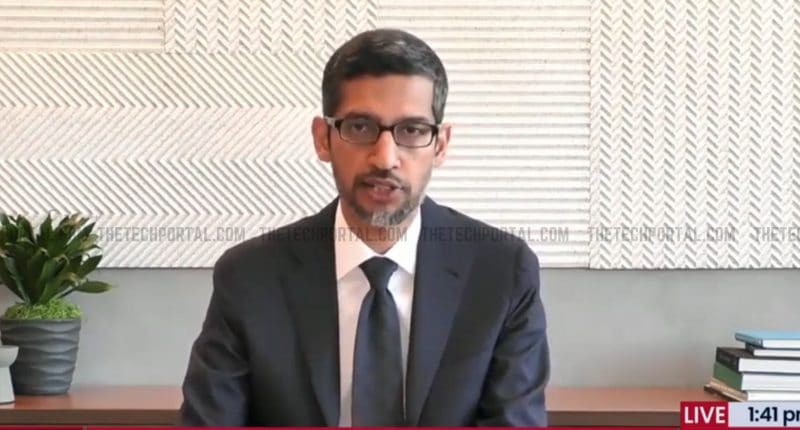Google’s CEO Sundar Pichai clearly prepared for last night’s Congress meeting, but dare I say, he might have over practiced. The CEO seemed to fall back on the same corporate lines every time he was backed into a corner, saying, “Google deeply cares about the privacy and security of our users”. And that is exactly what he did when asked about the DoubleClick data merger, a fiasco that basically led to Google destroying everyone’s anonymity on the Internet.
Google acquired adtech platform DoubleClick in 2007, which invited a lot of scrutiny from lawmakers as well as the general public. Speculations were made that Google might merge DoubleClick’s data into its own platform, essentially allowing it to identify people on the internet using identities, (Gmail) email data, search history, location data and so on. However, Google at that time ensured that it will never do that, as it “deeply cares about the privacy and security of our users”.
Cut to 2016, Google backpedaled, and harvested the data collected by DoubleClick’s cookies, with no real regard of public backlash. In fact, Rep. Val Demings contended that by combining DoubleClick cookie data and Google account data, the search giant had essentially destroyed user privacy on the internet.
Demings mentioned how Google committed to Congress and to the antitrust enforcers that the deal would not reduce user privacy, and how the 2016 merger is essentially a breach of that commitment.
Before Pichai could answer back with a corporate response, Demings enquired if he had signed off on the deal or not.
“I — I reviewed at a high level all the important decisions we make,” Pichai said, and went on to mention how Google cares about the privacy of its users, and they have the option to customize their ad experience.
Demings then went on to mention an email from a DoubleClick executive who worked with the founders of Google, who were opposed to a merger like this. “They were unwavering on the policy due to philosophical reasons. Which is Larry [Page] and Sergey [Brin] fundamentally not wanting users associated with a cross-site cookie. They were also worried about a privacy storm, as well as damage to Google’s brand’,” the email read.
She then went on to mention how Google was worried about public scrutiny and backlash in 2007, and how in 2016, it just did not care. Demings concluded that over the 9 years, Google had acquired “enormous market power”, which put it in a position where it could take a step like this.
Pichai ‘explained’ his way out of the acquisitions by mentioning that the company allows users to turn personalized apps on or off, saying, “we have combined most of activity settings into three groupings. We remind users to go do a privacy check up. One billion users have done so.”
